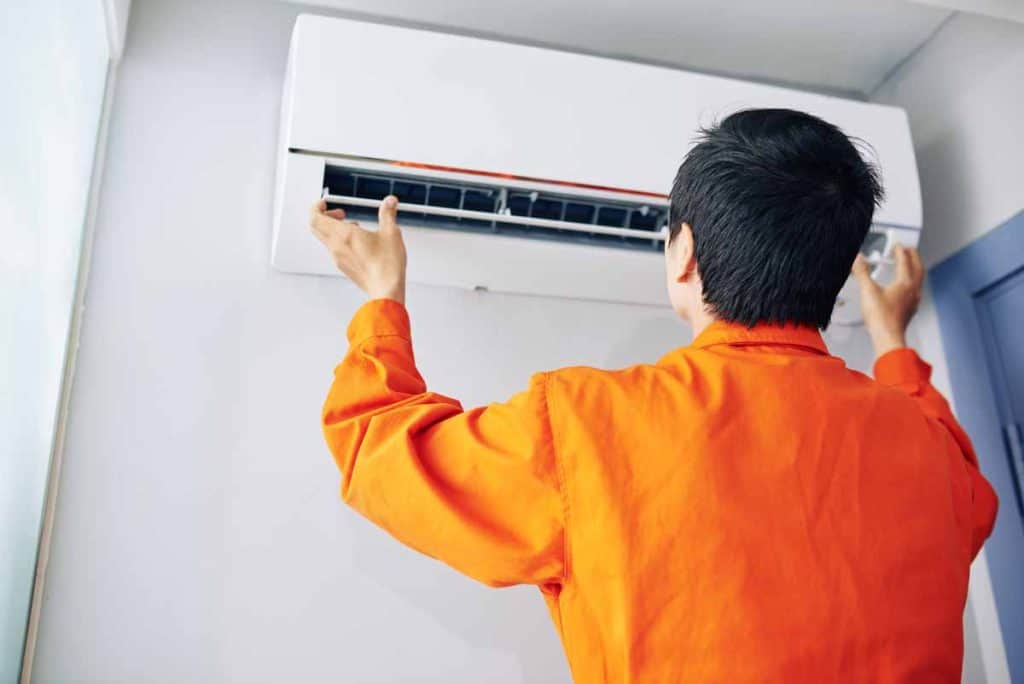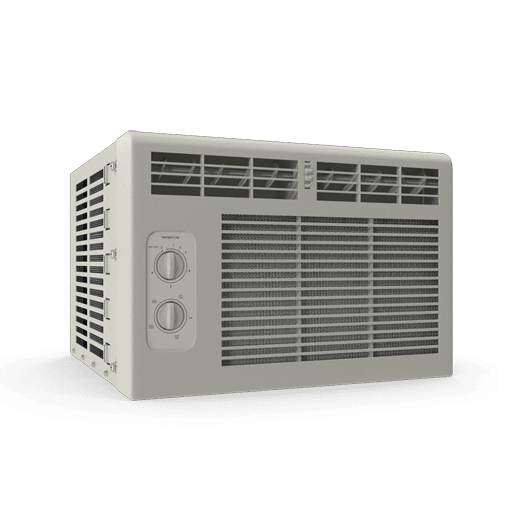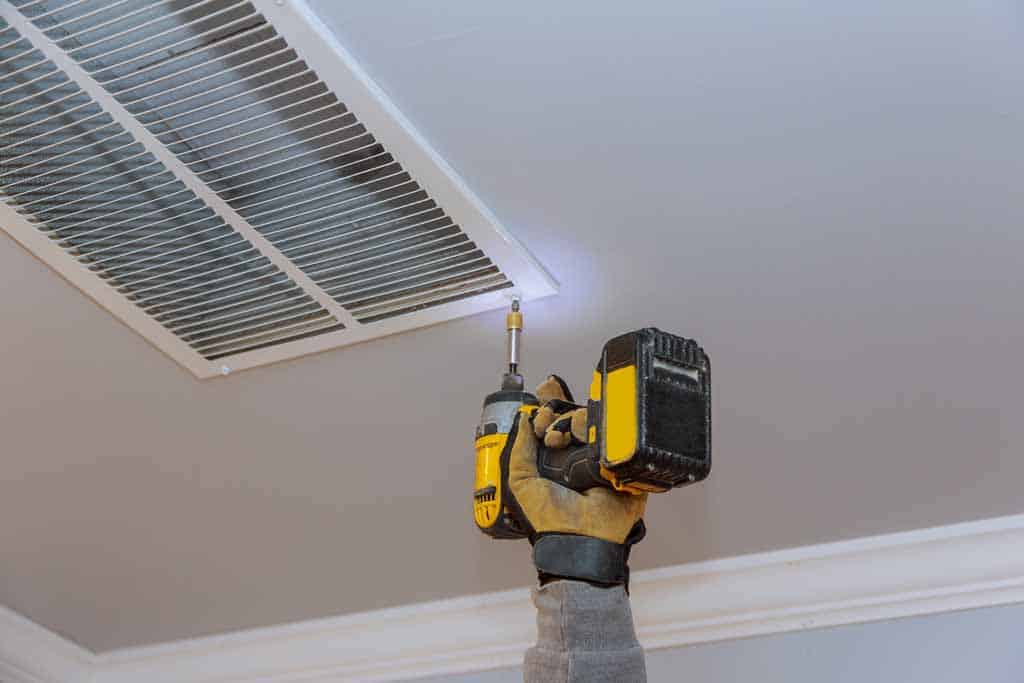With summer temperatures heating up, air conditioners are working overtime to keep us comfortable. While air conditioners can help us stay cool, they can also be dangerous if not properly maintained. One important safety feature that many air conditioners have is an alarm sensor. This sensor will sound an alarm if the air conditioner begins to overheat. Here, we will discuss the importance of air conditioner alarm sensors and how to stay safe during the hot summer months!
According to the National Fire Protection Association, air conditioners were responsible for an estimated 16,800 fires in the United States in 2015. Of these fires, air conditioners were the leading cause of home structure fires during the summer months. These fires resulted in 140 civilian deaths, 480 civilian injuries, and $593 million in direct property damage.
As you can see, air conditioner alarm sensors are a vital part of keeping your family safe during the summer months. If your air conditioner does not have an alarm sensor, we recommend that you purchase one as soon as possible.
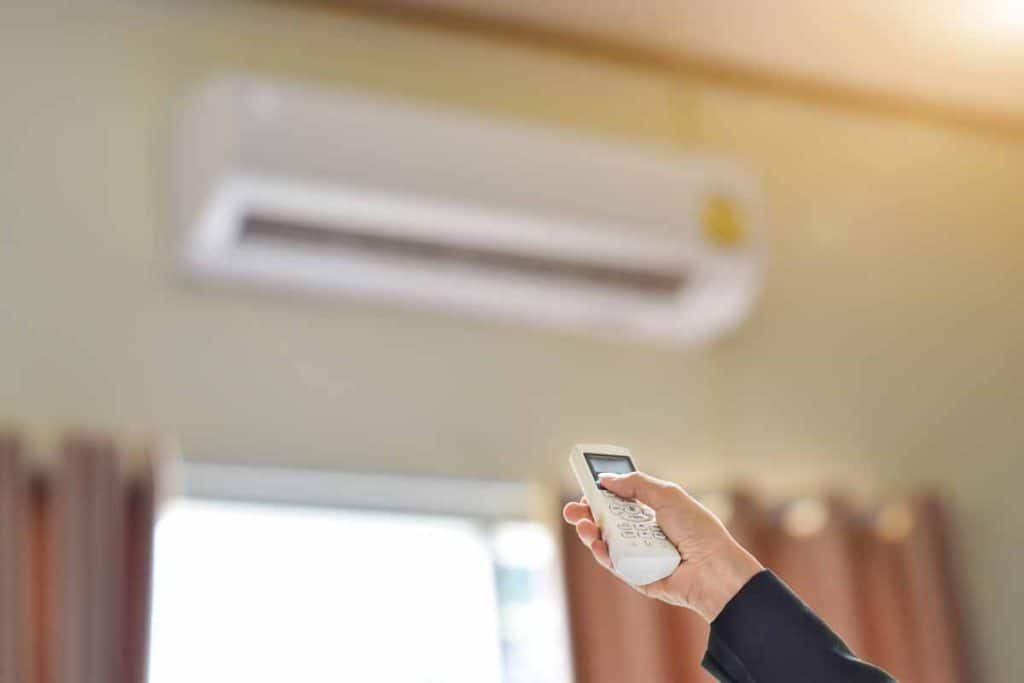
unprotected. Get an air conditioner alarm
sensor to keep them safe while you’re away.
FAQs About Air Conditioners Alarm Sensors
Not all people know about air conditioner alarm sensors even though it is a vital safety feature. Here are some frequently asked questions about air conditioner alarm sensors to help you understand this device better:
Q: What is an air conditioner alarm sensor and what does it do?
A: An air conditioner alarm sensor is a device that is designed to detect when the air conditioner is overheating. When the air conditioner begins to overheat, the sensor will sound an alarm. This alarm is designed to alert you to the fact that there is a problem with your air conditioner and that it needs to be addressed immediately.
Q: Why are air conditioner alarm sensors important?
A: Air conditioners can be dangerous if they are not properly maintained. If an air conditioner overheats, it can cause a fire. The purpose of an air conditioner alarm sensor is to prevent this from happening by sounding an alarm when the air conditioner starts to overheat.
Q: What should you do if your air conditioner alarm sounds?
A: If your air conditioner alarm sounds, the first thing you should do is turn off the air conditioner. Once the air conditioner is turned off, you can then assess the situation and determine what needs to be done to fix the problem. If you are not sure what to do, you can always call a professional for help.
By following these simple tips, you can help keep your family safe from air conditioner fires. If you have any further questions about air conditioner alarm sensors or other safety features, we recommend that you contact a professional for more information.
Want To Save More On Your Electricity Bills?
Is Your HVAC System Not Cooling Your Home Enough?
How to Install an Air Conditioner Alarm Sensor
Installing an alarm sensor on your air conditioner is a simple and easy process. Most air conditioners come with an alarm sensor already installed. However, if yours does not, you can easily purchase one at your local hardware store. Once you have the alarm sensor, simply follow these steps to install it:
Step One: Locate the air conditioner’s power cord. This is typically located on the back of the air conditioner unit.
Step Two: Unplug the air conditioner’s power cord from the wall outlet or power strip.
Step Three: Locate the two wires that are connected to the air conditioner’s compressor. These wires are usually black and white.
Step Four: Using a pair of pliers twist the ends of the wires together.
Step Five: Plug the air conditioner’s power cord back into the wall outlet or power strip.
Step Six: Test the air conditioner by turning it on and setting it to a low temperature. The alarm sensor should sound if the air conditioner begins to overheat. If it does not, you may need to purchase a new alarm sensor.
By following these simple steps, you can easily install an air conditioner alarm sensor on your own. However, if you are not comfortable doing this, we recommend that you contact a professional for help. They will be happy to help you.
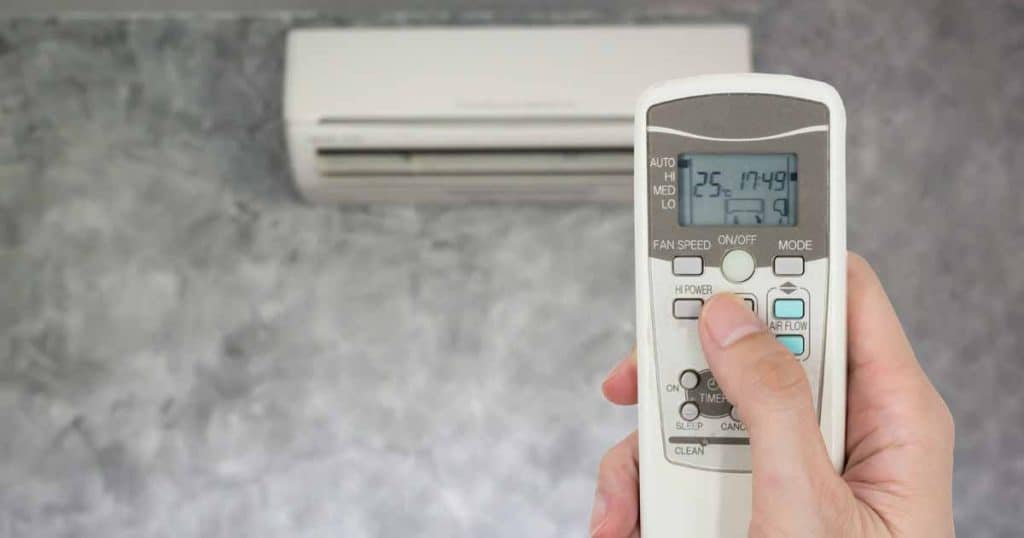
How to Stay Safe While Using an Air Conditioner
Making your family safe is your number one priority and air conditioners are a necessity during the summer, so how do you make sure your air conditioner is safe? There are some things you can do to stay safe while using an air conditioner.
- Invest in an air conditioner alarm sensor
Purchasing an air conditioner alarm sensor will help you rest easy knowing that your air conditioner is safe. These devices are designed to detect when the air conditioner is overheating and will sound an alarm, alerting you to the problem so that it can be addressed immediately.
- Inspect your air conditioner regularly
You should inspect your air conditioner regularly, looking for any potential safety hazards. If you notice anything abnormal, be sure to contact a professional for help.
- Read the manual that came with your air conditioner
Be sure to read the manual that came with your air conditioner so that you understand how to properly use and maintain it. This will help you avoid any potential safety hazards.
- Keep flammable materials away from your air conditioner
You should always keep flammable materials away from your air conditioner. This includes things like gasoline, propane, and kerosene. If these materials come into contact with your air conditioner, it could cause a fire.
- Do not use extension cords with your air conditioner
Extension cords are not designed to be used with air conditioners and can pose a serious safety hazard. If you must use an extension cord, be sure to choose one that is properly rated for the air conditioner’s wattage.
- Make sure your air conditioner is properly grounded
Air conditioners must be properly grounded to work safely. If you are not sure whether or not your air conditioner is properly grounded, we recommend that you contact a professional for help.
- Do not overload circuit breakers
Circuit breakers are designed to trip when they become overloaded. If your air conditioner is causing the circuit breaker to trip, it is likely because it is too powerful for the circuit it is plugged into. We recommend that you plug your air conditioner into its dedicated circuit to avoid this problem.
- Never leave your air conditioner running while you are away from home
Leaving your air conditioner running while you are away from home is a fire hazard. If you must leave your air conditioner on while you are gone, be sure to turn it off before you leave.
- Turn off your air conditioner when you don’t use it
When you are not using your air conditioner, be sure to turn it off. This will help save energy and prevent any potential safety hazards.
- If your air conditioner alarm sounds, turn off the air conditioner and assess the situation
If your air conditioner alarm sounds, be sure to turn off the air conditioner immediately. Once the air conditioner is turned off, assess the situation to determine what is causing the alarm. If you are unsure of what to do, we recommend that you contact a professional for help.
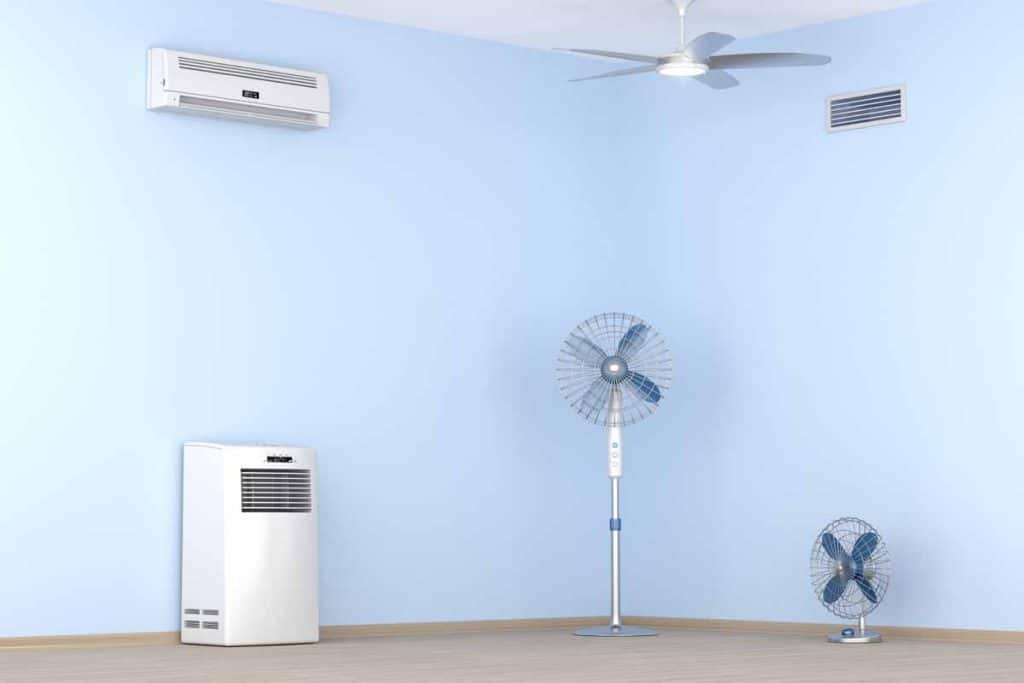
many ways!
Tips for Staying Cool During the Summer Heatwave
It’s that time of year again when the sun seems to be shining a little brighter and the days are a little longer. Unfortunately, along with the warmer weather comes the inevitable summer heatwave.
For those of us who are not fans of the heat, it can be a difficult few weeks. However, there are a few things that you can do to make it a little easier on yourself. We recommend the following tips for staying cool during the summer heatwave:
- Drink plenty of fluids, especially water
Drinking water is important for your health in general, but it is especially important during the summer heat wave. Be sure to drink plenty of fluids, especially water, to stay hydrated.
- Stay in air-conditioned rooms as much as possible
Spending time in air-conditioned rooms is one of the best ways to stay cool during the summer heatwave. If you do not have air conditioning at home, we recommend that you spend time in air-conditioned public places, such as libraries or shopping malls.
- Wear loose, light clothing
Wearing loose, light clothing will help you stay cool during the summer heatwave. We recommend that you avoid wearing heavy clothing or layers of clothing, as this can trap heat and make you feel hotter.
- Avoid strenuous activity during the hottest hours of the day
One way to stay cool during summer is to avoid strenuous activity during the hottest hours of the day. This means that you should try to stay indoors or in the shade during midday when the sun is at its strongest. If you must be outside, make sure to wear loose, light-colored clothing and to drink plenty of water to stay hydrated.
- Take cool showers or baths
Cool showers or baths can help you stay cool during the summer heatwave. We recommend that you avoid hot showers or baths, as this can make you feel hotter.
- Check on elderly or vulnerable family members and neighbors regularly
During the summer heatwave, it is important to check on elderly or vulnerable family members and neighbors regularly. This will help ensure that they are staying cool and safe.
- Never leave children or pets in cars, even for a short time.
Leaving children or pets in cars, even for a short period of time, can be extremely dangerous in summer. The temperatures inside a car can climb very quickly, and children and pets can suffer from heatstroke very easily. Never leave them alone in a car, even for just a few minutes.
- Check on your air conditioner regularly
It is important to check on your air conditioner regularly to ensure it is in good working order. This will help you stay cool during the summer months. Checking the air conditioner includes making sure the coils are clean and free of debris, the unit is properly charged with refrigerant, and there are no leaks in the system.
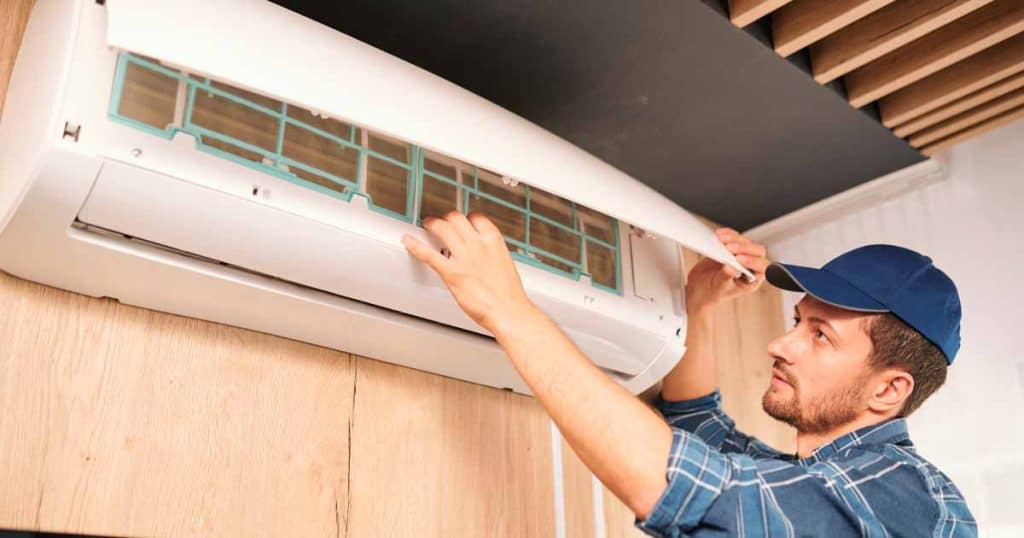
How to Purchase Air Conditioner Alarm Sensor
When the weather outside is hot and sticky, the last thing you want is for your air conditioner to stop working. One way to help prevent this from happening is to purchase an air conditioner alarm sensor. This device will monitor the temperature inside your air conditioner unit and send an alert to your phone if it gets too high.
If you are interested in purchasing an air conditioner alarm sensor here are the things that you can do:
- Research a brand or type of air conditioner alarm sensor that you would like to purchase. The first step is to research a brand or type of air conditioner alarm sensor that you would like to purchase. You can do this by reading online reviews, checking out product descriptions, and comparing features.
- Ask your friends and family for recommendations. Another great way to find a reputable air conditioner alarm sensor is to ask your friends and family for recommendations. They may know of a brand or type that they can recommend based on their own experiences.
Check online retailers or home improvement stores for air conditioners with alarms. Once you have decided on the type of air conditioner alarm sensor that you would like to purchase, the next step is to check online retailers or home improvement stores for air conditioners with alarms.
- Compare prices and features of different air conditioner alarm sensors. Once you have narrowed down your options, it is time to compare the prices and features of different air conditioner alarm sensors. This will help you determine which one is the best value for your needs.
- Read online reviews of air conditioner alarm sensors. Another step that you should take before making your purchase is to read online reviews of air conditioner alarm sensors. This will give you an idea of what other people are saying about the different brands and types of air conditioners with alarms.
- Purchase an air conditioner alarm sensor from a reputable retailer. Once you have done all of your research, it is time to purchase an air conditioner alarm sensor from a reputable retailer. This will ensure that you are getting a quality product that will meet your needs.
The Takeaway
With the summer heatwave upon us, it is important to take steps to ensure that you and your family are staying safe. One way to do this is to purchase an air conditioner alarm sensor. By following the steps, you can find and purchase an air conditioner alarm sensor that will help keep you and your family safe during the summer heatwave.

